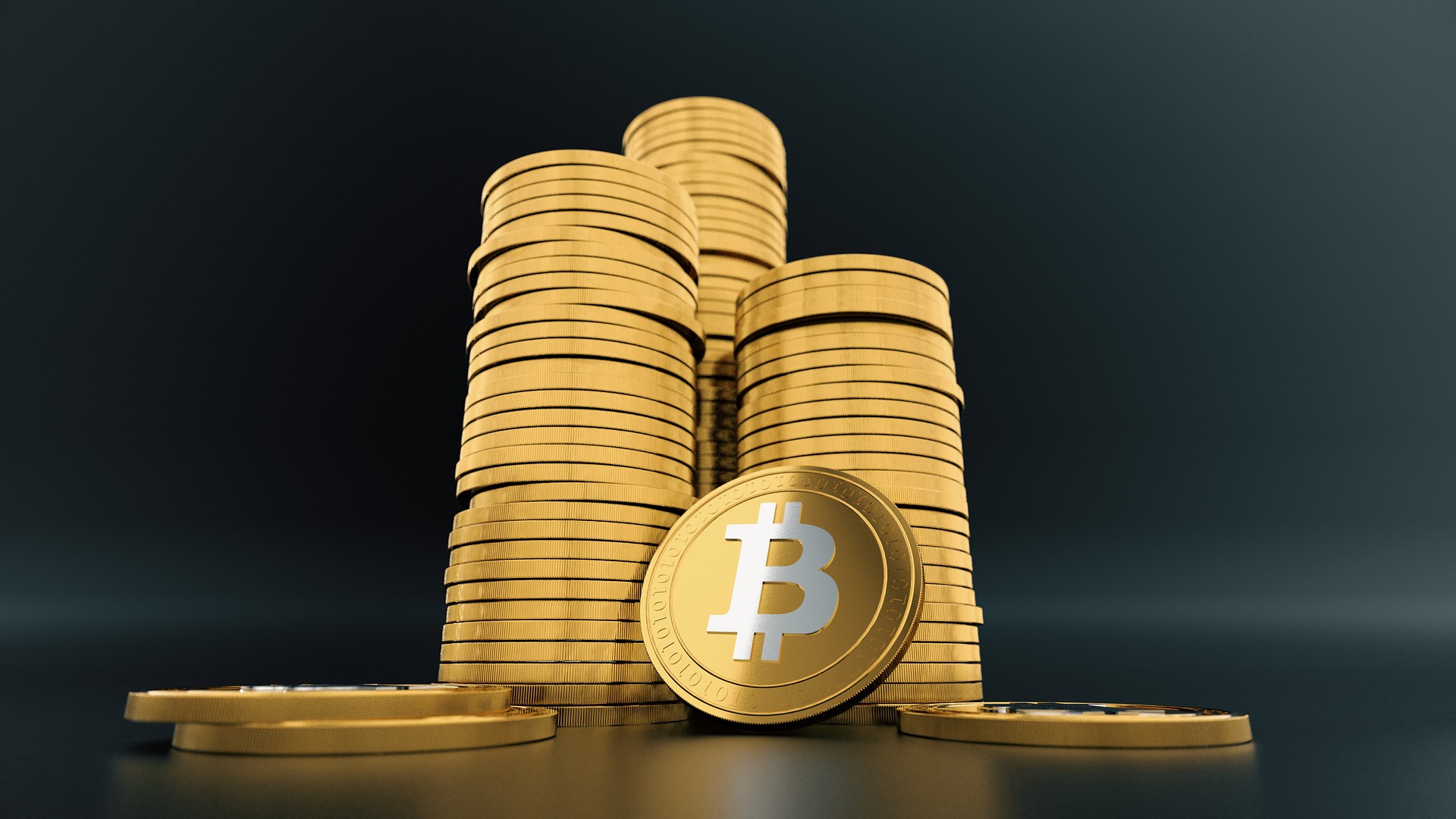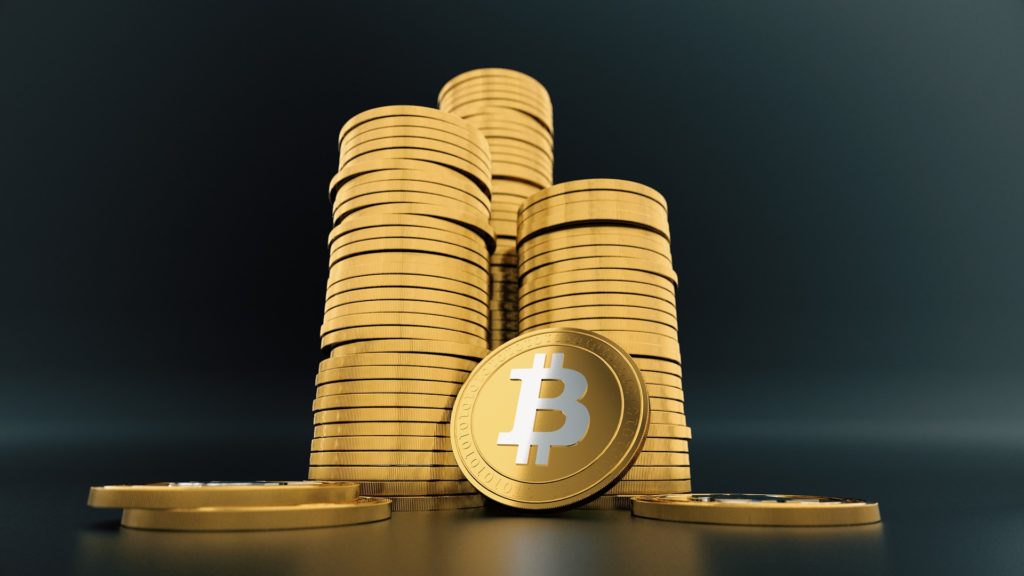Cryptocurrencies are receiving huge amounts of attention in the media this year. The performance of major cryptos such as Bitcoin and Ethereum has caused some investors to dub them the “gold rush” of the 21st century. Meanwhile, new coins and tokens are entering the market at an accelerating rate. As a result, considerable speculation is taking place on the future of cryptocurrency transactions.
With so much buzz, it can be difficult to separate fact from fantasy—so we asked an expert. Anders Brownworth is a former co-teacher of the Blockchain class at MIT who spoke with us about cryptocurrency and blockchain technology, it’s present-day applications and its future.
When Will Cryptocurrency Transactions Become Normal?
One of the reasons gold managed to become so valuable is that its use became normalized. In fact, gold became such a universal symbol of value that the US Dollar was originally tied to it.
It follows that if a crypto like Bitcoin were used as commonly as dollars, early investors would rake in staggering profits. According to Brownworth though, that day is still a long way off—if it’s ever coming at all.
Why? Blockchain technology is used for only a certain type of transaction.
In Brownworth’s view, transactions fall into one of two different categories: payments or settlements. A payment is relatively small and immediate, such as purchasing a drink at your local cafe.
A settlement is normally a larger and more time-consuming transaction, such as purchasing a house. A lot of money is at stake in a settlement, so the process needs to be secure. Since it has a lot of moving parts, a settlement is also expected to take time—unlike a payment, which has to happen quickly for the sake of convenience.
According to Brownworth, blockchain technology has much more potential for use in settlements than it does in payments. The reason for this is that blockchains take a long time to verify transactions. “If you are buying coffee with Bitcoin, you’d have to wait about 10 minutes to be included in a block,” says Brownworth. “To be completely sure, you would have to wait for multiple blocks. Ultimately, it could take up to an hour to buy a coffee with Bitcoin, which would be ridiculous.”
However, the idea of buying a house with blockchain technology, if all else is equal, strikes Brownworth as much more feasible and more secure. “It all depends on your timescale.”
The Future of Crypto Transactions
For businesses to start taking tokens as payment for everyday goods and services, new tools need to be developed. One such tool might be a system that instantly converts cryptos used for payment into regular currency by selling them as they are received. The problem is that most cryptos are still extremely volatile. “What happens”, Brownworth asks, “if the price of Bitcoin falls between the time a buyer sends it and the time you sell it?”
The answer, he suggests, could be found in state channels. State channels are essentially transactions that occur off the blockchain between consenting parties, who then update the block after their assets have changed hands. This would solve the problem with transaction times, and make regular cryptocurrency payments possible.
However, Brownworth is also quick to point out that the future of crypto is uncertain, and that he expects reasonable regulations to kick in long before the advent of any such innovation on a large scale. Regulations would help to reduce the volatility of crypto considerably, making it much the same as standard currencies and hampering their ability to create massive profits for investors. If the crypto ecosystem is to survive, then these regulations will prove crucial.
Currently, Brownworth notes that secure online exchanges make it easy to invest in Bitcoin and other cryptocurrencies. However, his advice to potential investors is to conduct extensive research before involving themselves in the crypto market. “Be very careful,” he warns. “It doesn’t make sense to invest in something that you don’t understand.”
In the meantime, he sees the comparison of the crypto boom to the gold rush as an accurate one, even going so far as to call it a “Wild West” environment. If that’s the kind of fast-paced speculative opportunity that appeals to you, cryptocurrencies could provide the financial thrill you’ve been looking for.

